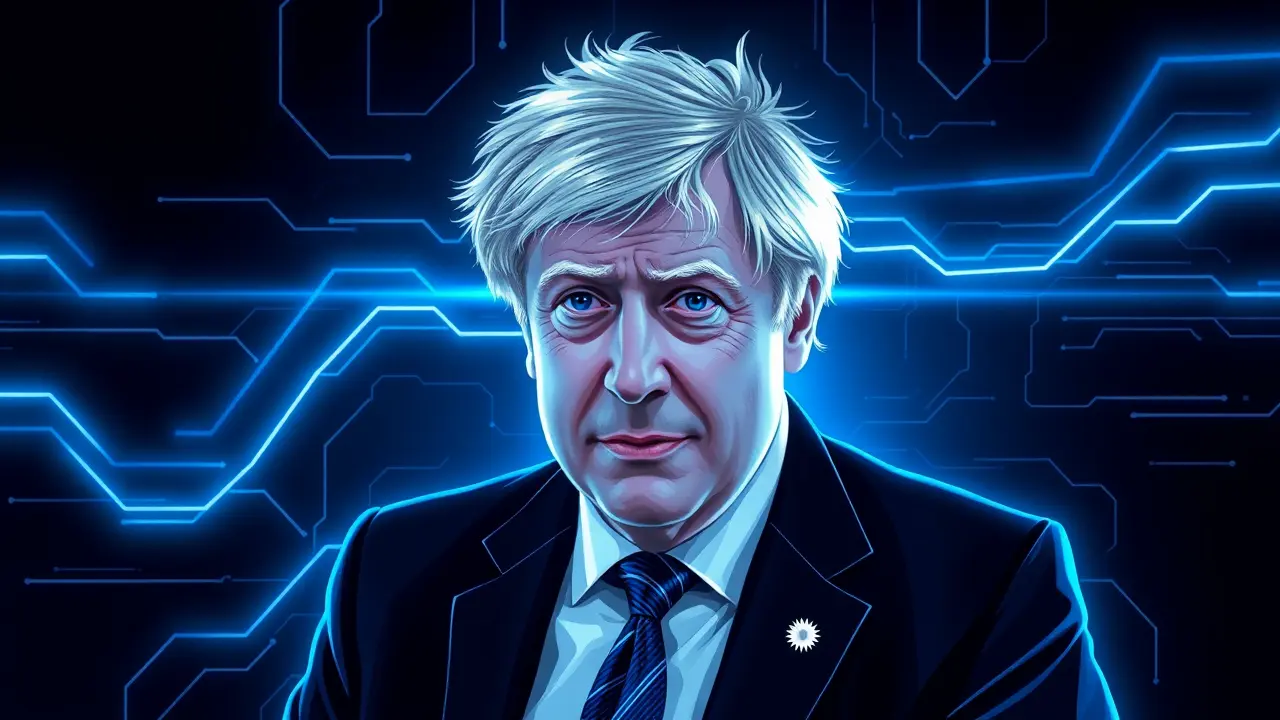- News
- corruption-scandals
- ‘Super Dom’ Cummings cunningly waits five years to reveal national security lapses | John Crace
‘Super Dom’ Cummings cunningly waits five years to reveal national security lapses | John Crace
In the grand theater of political warfare, Dominic Cummings has once again demonstrated his mastery of strategic timing, waiting a full five years after his departure from Downing Street to reveal what he characterizes as significant national security lapses during Boris Johnson's tumultuous premiership. This carefully calculated disclosure—dropped not during the heat of political battle but in the relative calm of 2025—represents a textbook case of political jujitsu, leveraging long-held information for maximum impact much like a campaign manager saving their most damaging opposition research for the final debate.The man who engineered the Vote Leave victory and later transformed a pandemic-era trip to Barnard Castle into a national spectacle has always understood that in politics, timing isn't just everything—it's the only thing. Cummings' revelation follows the classic political playbook of controlled disclosure: by withholding information until the statute of limitations on immediate accountability has effectively expired, he positions himself not as a whistleblower facing immediate consequences but as a historian documenting past failures, all while carefully avoiding mention of his own complicity in the very systems he now critiques.This approach mirrors historical precedents from Watergate to the Iraq War dossier controversies, where insiders strategically timed revelations to shape narratives long after the fact. The substance of his claims—whatever their eventual verification—lands in a political environment already saturated with security concerns, from cyber warfare to economic espionage, ensuring his words receive amplified attention regardless of their evidentiary basis.What's particularly brilliant about Cummings' maneuver is how it reframes his own legacy: no longer just the architect of Brexit or the mastermind behind Johnson's rise, he now positions himself as a truth-teller whose previous silence was actually strategic patience, a narrative that conveniently overlooks his own central role in the administration he now critiques. This pattern of delayed revelation raises profound questions about accountability in modern governance—when should insiders speak out, and what responsibilities do they bear for remaining silent during their tenure? The political calculus here is unmistakable: by speaking now, Cummings avoids immediate retaliation from former colleagues while simultaneously rehabilitating his public image as something more than a political operative, all while the current government faces entirely different challenges, making his revelations simultaneously dramatic and safely historical.This is political judo at its most sophisticated—using the weight of past failures to propel a new narrative forward, creating headlines without immediate consequences, and ensuring that the Dominic Cummings story continues to evolve long after his formal exit from government. In the endless campaign that modern politics has become, Cummings proves that some of the most powerful moves happen long after the official battle has ended.
It’s quiet here...Start the conversation by leaving the first comment.
© 2025 Outpoll Service LTD. All rights reserved.
